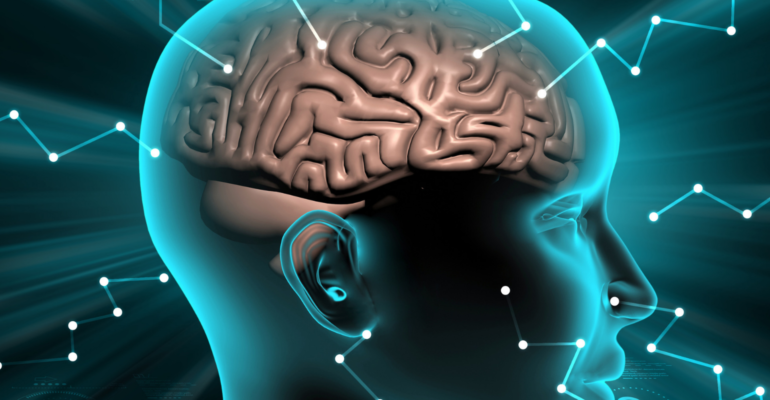Memory is one of our most valued assets. It gives us the ability to cherish life’s most poetic moments while providing the foundation for human reason. However, in order for us to have the ability to experience moments that we hope will be unforgettable, we must endure what we wish to forget. For instance, to be able to recognize what love is we must also experience what love is not. Memory helps us identify these contrasts and the feelings associated with them. Memory can be an experience of both beauty and beast. In counselling, we often grapple with the beast.
Let’s dive into some neuroscience: the amygdala is an important region in the brain with regard to memory because it is the center of fear and emotion. The amygdala is the emotional processing centre that receives incoming sensory information and prepares an emotional response. If the amygdala perceives a connection between the record of experiences in the hippocampus (the part of the brain involved with the formation of declarative memories) and incoming information, it decides if the situation warrants a fight, flight, or freeze response and will trigger a reaction. The hippocampus is important for putting troubling events and feelings into context and helping us to refine our responses.
When someone is experiencing mental illnesses, such as anxiety and depression, their amygdala can become flooded with negative perceptions, which creates highly disproportionate emotional responses. Since our emotional memories are stored in the amygdala, later exposure to a situation that inspires similar feelings – rejection, abuse, failure, emotional deprivation, etc. and can unleash a fear reaction that is amplified by the initial experience that occurred years ago. This often goes undetected and after the dust settles we are left wondering why we responded so strongly.
Understanding why something happens – especially when working with our emotions – helps us to determine how to best manage it. Through counselling, we can discern how our memories influence our day-to-day thoughts and feelings and how they can direct our behaviour.
From the desk of Mike Piersanti, MA, MTS, ICADC, RP (Qualifying)


Comments are closed.